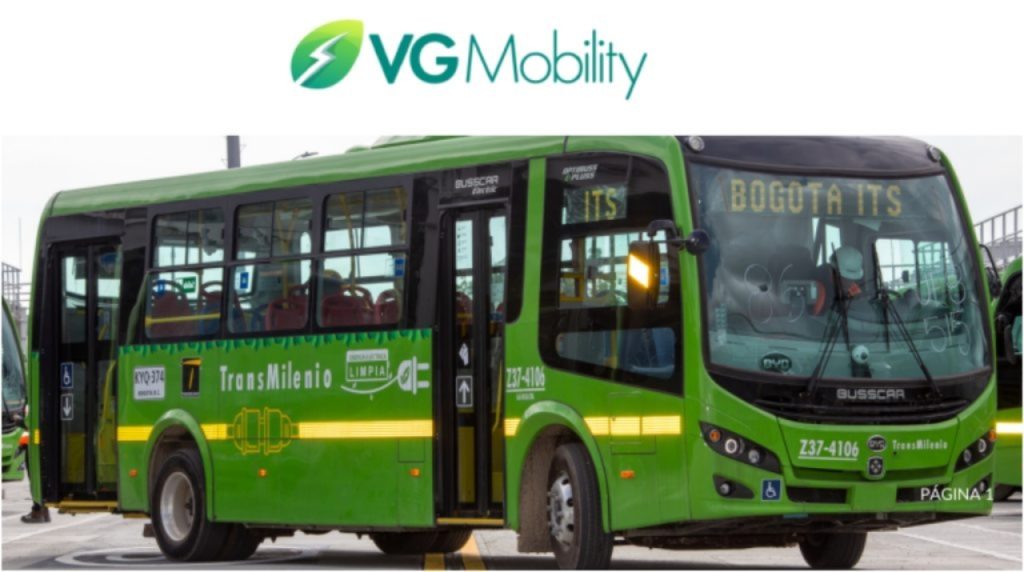
VG Mobility: Positive Impact of Electric Bus Fleets

The transition to 100% electric bus fleets is a significant advancement in urban mobility, bringing with it multiple benefits for the community.
According to VGMobility’s vision, the implementation of these fleets represents an immediate positive change in collective well-being.
It also presents an opportunity to transform public transportation into a more sustainable model. By eliminating harmful gas emissions, electric buses directly contribute to improving air quality in cities.
However, the implementation of electric fleets is not without significant logistical challenges. Charging infrastructure, energy management, and route planning require a focused approach and considerable technical expertise.

Related Content: VG Mobility Inaugurates Regional Electric Mobility Project in Chile
The Work of VG Mobility
VG Mobility works closely with transportation operators, ensuring that each stage of their projects is designed to mitigate risks and optimize performance.
With their experience in electric mobility, the company enables cities and public transportation operators to adopt electric fleets with greater confidence, knowing they have expert support in mitigating operational and financial risks.
Additionally, the economic benefits of electric buses are considerable. Despite the higher initial investment compared to conventional buses, long-term operating costs are significantly lower.
Electric buses have fewer moving parts, reducing maintenance costs, and the price of electricity is generally more stable than fossil fuel prices. Furthermore, many cities are implementing tax incentives and support policies to accelerate the adoption of clean technologies, further enhancing the profitability of electric fleets.





